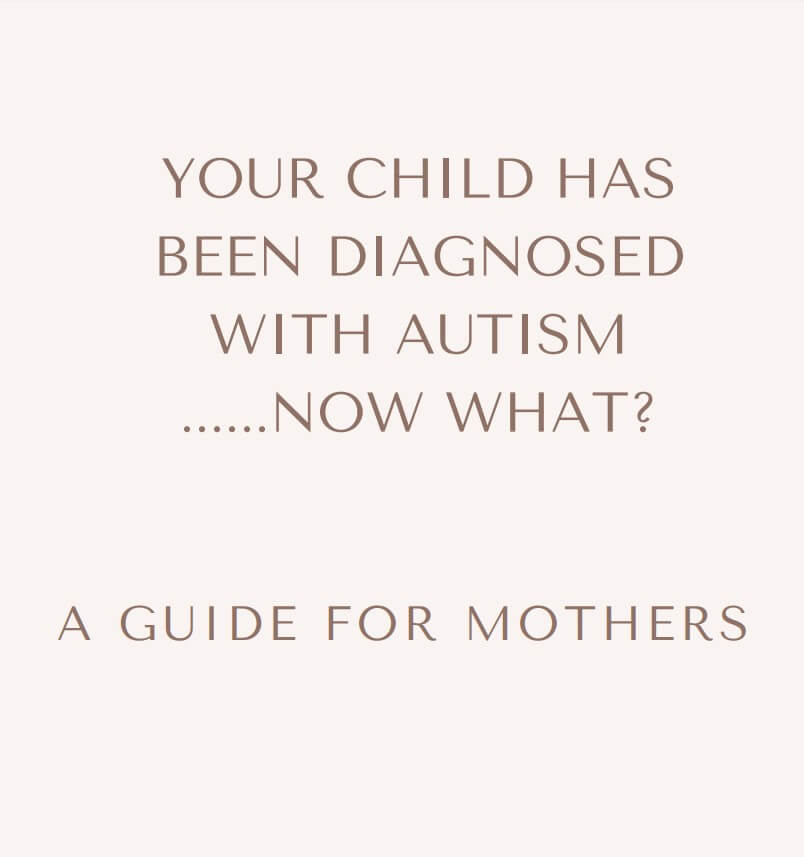
Occupational Therapy for Mums: 12 Must Do Activities Inspired by Autism Support
The first thing we, as mums, get told after our child is diagnosed with autism is to get a speech pathologist and an occupational therapist for our child. Their needs are paramount and early intervention is vital. And although I do not disagree with this statement, I would like to add that as a mum, I would like you to look at your life and see how you can add in activities from an occupational therapy point of view.
Now I know you’re reading this thinking, but I don’t have the diagnosis. I agree wholeheartedly, however, this journey is most certainly a marathon and not a sprint and so we must ensure that you have pit stops, zones where you can fill up your cup so that you can last the distance. Much like a runner can grab a cup of water to ensure they stay hydrated, I want to share tips that you can assist yourself in your own life.
Consult with a life coach: Consulting with a life coach who has the tools and strategies on how they can shift your mindset from a negative thought pattern to a positive one will be a huge advantage. Let’s take the runner analogy, consulting with a life coach gives you turbo sneakers making it easier for you to run faster and further.
Sensory Integration: We often try to work out what makes our kids feel good so that we can integrate that into their lives to ensure that they stay regulated. What is a sensory experience that makes you feel good? Think of your five senses – sight, smell, touch, taste, hear. From these senses, what could you do on a regular basis that makes you feel good? Some people might say a massage, yet that costs money. Get your partner to give you a massage. Go for a bath, go for a walk, listen to music, eat your favourite food, listen to a podcast, listen to an audiobook, diffuse your favourite essential oils. There are so many things we as mums can do that are relatively cost effective or free that are within our reach.
Fine Motor Skills: Journalling can be your own form of therapy. A time where you can write out all of your thoughts and fears. Getting them out of your head, and onto paper. Journalling allows you to have the emotional outburst you can’t necessarily have in real life. It can be a huge stress reliever, being able to unload what you’re feeling. Likewise, it allows reflection of what’s happened during the day. It allows a form of documentation – not only around how you are feeling, but also, no doubt the wins your child was having at the time. It can be a space for gratitude and allow you to regain focus on what’s good in this very moment. When things feel out of control, journalling can be the one thing you know with certainty that will happen during the day.
Gross Motor Skills: Have you gone for a walk? A run? What about skipping? Dancing? Laughing? Have you stretched your body? Gone for a swim? How can you physically move your body to get those wonderful endorphins and serotonin also known as the happy hormones buzzing in your brain. What feels good for you?
Daily Living Skills: Are you eating? Are you eating regularly? Are you eating good food? Nourishing your body? Your body and your brain need the healthy foods in order to survive. If a runner was preparing for a marathon, they wouldn’t live off McDonalds and Hungry Jacks, similarly, don’t snack on unhealthy foods. Ensure your meal prepping as much as you can. Ensure you’re getting the right kinds of food to sustain yourself for the marathon.
Communication and Social Skills: In the early stages, it’s so easy to lock ourselves away and stay at home – in our safe space. Yet, I encourage you to reach out to a close group of friends. Catch up with them regularly. Once a week, once a fortnight, once a month. Not only does that give you something to look forward to, but it also allows you the space to talk about something other than autism, which can result in a well needed break.
Sensory Diet: What activities are you doing throughout the day to ensure you stay regulated? If your child doesn’t wake super early (which I know most of our kids do) but if they don’t, you may want to wake up slightly earlier and exercise, read a book, journal, or mediate. If you’re child is up early, you may want to workout at home whilst they’re watching their favourite show. Go for an early morning walk with them or do some kids yoga with them.
Environmental Adaptations: We make changes for our kids to our homes, have you made changes to your home for you? In this situation, I would encourage you to try and find a little nook that can be just yours. It could look like a corner in your room, your bed, or even a space in the backyard. Create that space to be as inviting as possible. You might want to add in some beautiful pillows, diffuse your favourite oils, add in your favourite colours through blankets, throws or scarfs.
Positive Reinforcement: We often give our kids praise for the things they have done well. Who is giving you praise? Speak to your partner about your need to be seen and heard when you’ve achieved something or write your own form of praise that you read every night before bed. It could go something like this: Well done for lasting another day. Well done for keeping your cool. Well done for allowing yourself to cry. Well done for showing up the loving mother that you are.
Consistency and Routine: Much like our children love consistency and routine, its paramount that we have some sort of routine, especially, when we feel like things are so far out of our control. Putting things in place that allows you to keep to some sort of a schedule which allows our brain to know what’s coming next. This gives us certainty when there feels like there is so much uncertainty.
Patience: Give yourself grace. You’re learning and so is your child.
Self-Care: Everyone bangs on about self-care but sometimes that isn’t always possible. Work on 1 – 2 (if more, even better) activities that you can schedule in during the week that fill your cup. This must be non-negotiable. For example, for me, my husband knows that I need a bath twice a week to fill my cup. Sometimes that bath is before the kids go to bed, but sometimes that simply doesn’t work so I take the bath after the kids go to bed. Do what works for you.
I hope you have found this to be helpful. If you’ve got any questions, please reach out or send me a DM.
If you’ve got any questions, please send me a DM or email.
Book in a FREE 30 minute chat with me here.
Download my FREE guide – Your child has been diagnosed with autism……now what?
Join my facebook community to be with like minded mums going through the same journey as you.













